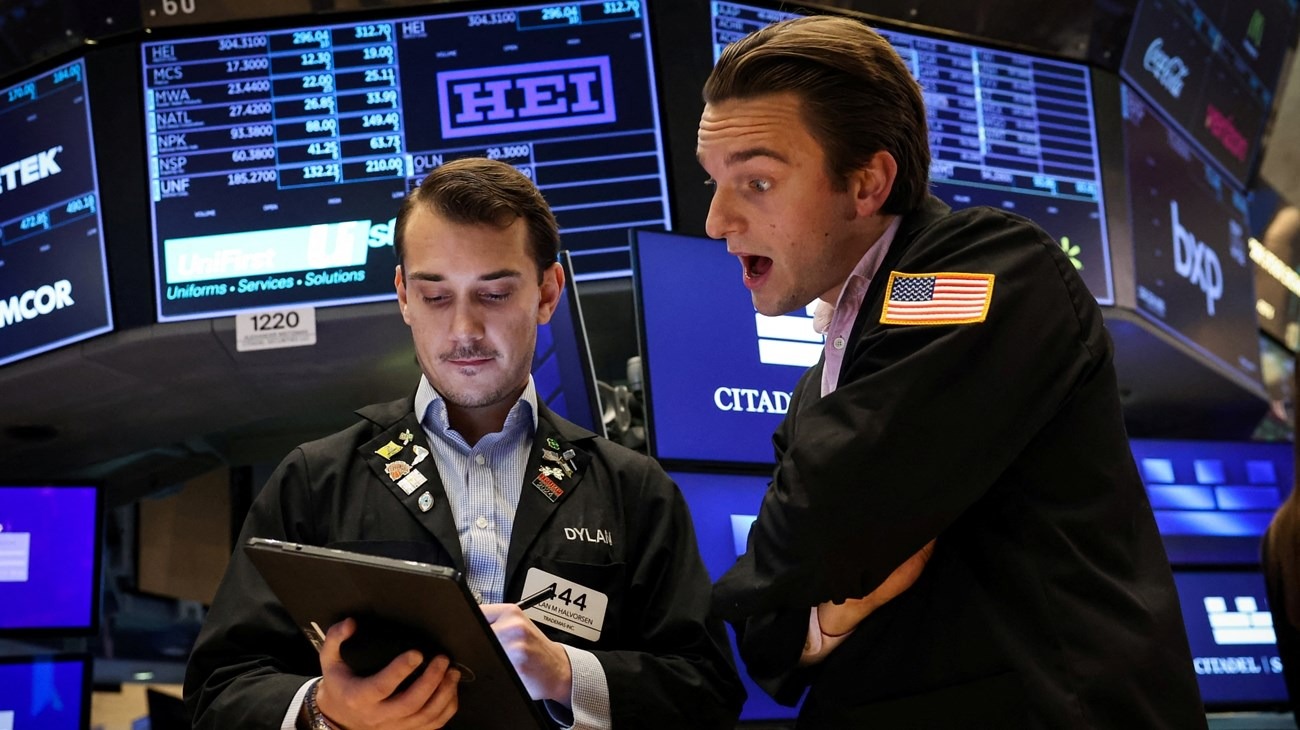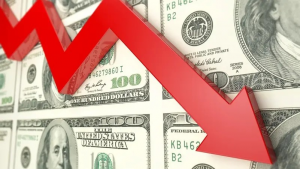A U.S. attack on Iranian nuclear sites could push oil prices even higher and trigger a knee-jerk rush to safety, investors said, as they assessed how the latest escalation of tensions would ripple through the global economy. The reaction in Middle East stock markets, which trade on Sunday, suggested investors were assuming a benign scenario, even as Iran intensified its missile attacks on Israel in response to the sudden, deep U.S. involvement in the conflict. The Reuters Power Up newsletter provides everything you need to know about the global energy industry. Sign up here. Advertisement · Scroll to continue
Report This Ad Trump called the attack "a spectacular military success" in a televised address to the nation and said Iran's "key nuclear enrichment facilities have been completely and totally obliterated". He said the U.S. military could go after other targets in Iran if the country did not agree to peace. Iran said it reserves all options to defend itself, and warned of "everlasting consequences". Investors said they expected the U.S. involvement would cause a selloff in stock markets and a possible bid for the dollar and other safe-haven assets when major markets reopen, but also said much uncertainty about the course of the conflict remained. Advertisement · Scroll to continue
Sponsored by Kasisto AI It’s Time AI in Banking Actually Helped People Make Decisions Most AI in banking still revolves... It’s Time AI in Banking Actually Helped People Make Decisions Most AI in banking still revolves around answering known questions or guiding customers through predefined tasks. But as Jon Phillips, Principal Software Engineer at Kasisto AI, puts it, that’s not enough anymore. The next phase of... Learn more Report This Ad "I think the markets are going to be initially alarmed, and I think oil will open higher," said Mark Spindel, chief investment officer at Potomac River Capital. "We don't have any damage assessment and that will take some time. Even though he has described this as 'done', we're engaged. What comes next?" Spindel said. "I think the uncertainty is going to blanket the markets, as now Americans everywhere are going to be exposed. It's going to raise uncertainty and volatility, particularly in oil," he added. One indicator of how markets will react in the coming week was the price of ether, the second-largest cryptocurrency and the new gauge of retail investor sentiment after bitcoin , which is now held largely by institutions. Ether was down 5% on Sunday, taking losses since the first Israeli strikes on Iran on June 13 to 13%. of 2025. After a stage in between covering short-term contracts, the final stage would be to ban imports under existing long-term contracts.
Most Gulf stock markets, however, seemed unconcerned by the early morning attacks, with the main indexes in Qatar (.QSI), opens new tab, Saudi Arabia (.TASI), opens new tab and Kuwait (.BKP), opens new tab up slightly and Israel's Tel Aviv main index (.TA125), opens new tab at an all-time high. OIL PRICES, INFLATION A key concern for markets would center around the potential impact of the developments in the Middle East on oil prices and thus on inflation. A rise in inflation could dampen consumer confidence and lessen the chance of near-term interest rate cuts. Saul Kavonic, a senior energy analyst at equity research firm MST Marquee in Sydney, said the more likely scenario would see Iran respond by targeting American interests in the Middle East, including Gulf oil infrastructure in places such as Iraq or harassing ship passages through the Strait of Hormuz. The Strait of Hormuz lies between Oman and Iran and is the primary export route for oil producers such as Saudi Arabia, the United Arab Emirates, Iraq and Kuwait.












